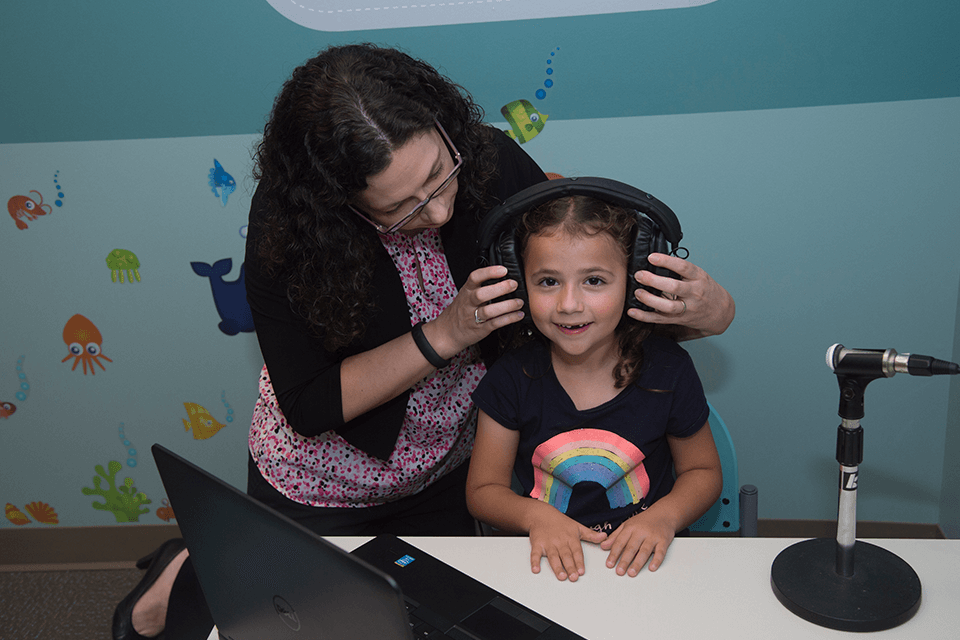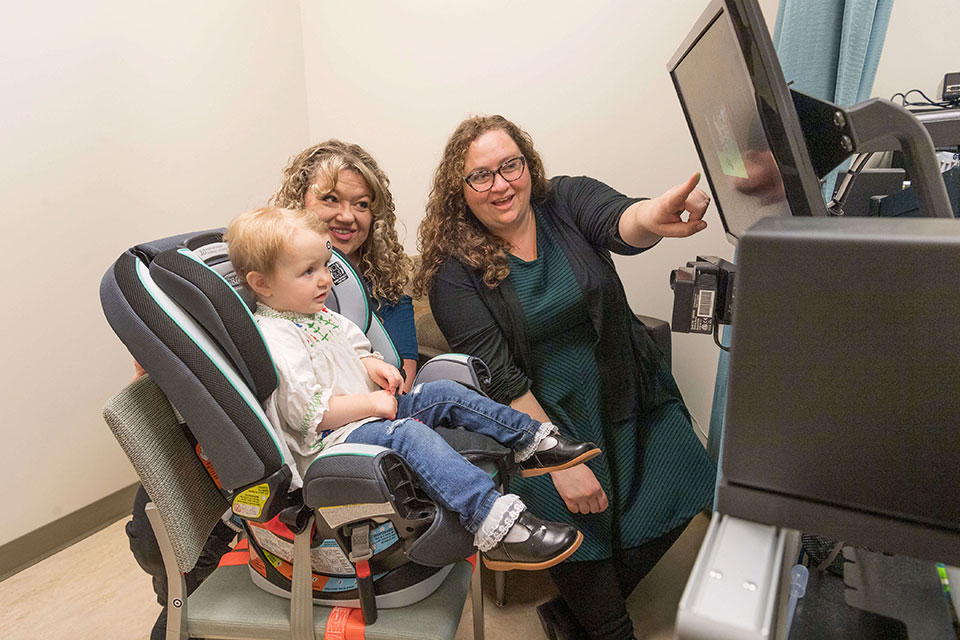Interdisciplinary Training Program in Auditory Neuroscience
The Interdisciplinary Training Program in Auditory Neuroscience provides graduate student training and research experience to prepare students for independent research careers that can advance understanding of auditory system function using innovative tools and technologies. Graduates of this training program will develop creative solutions, devices and strategies to assist with and prevent hearing loss.

